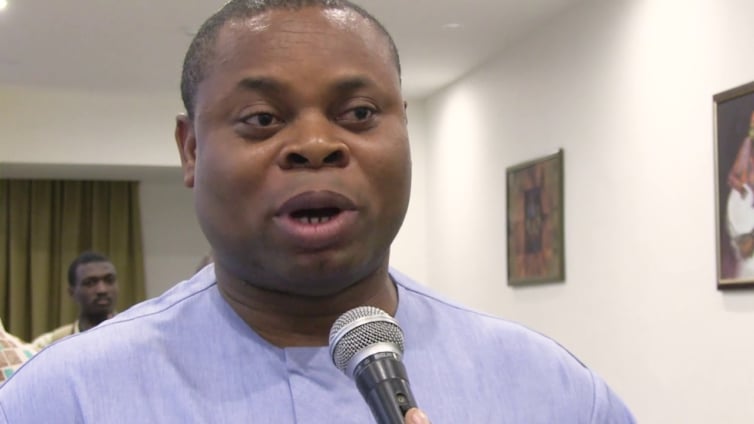The political landscape of Ghana witnessed a dramatic showdown during the vetting process of ministerial nominees, highlighting the inherent tensions and power dynamics within the parliamentary system. The crux of the conflict revolved around the Speaker of Parliament’s directive to reconstitute the Appointments Committee, a move that sparked a heated debate about procedural legitimacy and the balance of power between the majority and minority parties. Franklin Cudjoe, President of the policy think tank IMANI Africa, lauded the minority’s decision to recuse themselves from the committee, arguing that their action demonstrated respect for the Speaker’s authority and upheld the principles of parliamentary procedure. This incident underscores the delicate balance between adhering to established rules and navigating the often-complex political realities within a democratic system.
The controversy erupted during the vetting of Samuel Okudzeto Ablakwa, the Foreign Affairs Minister-nominee. The Speaker’s directive to reconstitute the Appointments Committee followed a chaotic session the previous night, raising questions about the committee’s quorum and the validity of its proceedings. Alexander Afenyo-Markin, the Ranking Member of the committee, argued that the Speaker’s directive had significant implications for the legitimacy of the vetting process and called for a suspension until the matter was resolved. This stance reflected the minority’s concern that the reconstitution could potentially alter the balance of power within the committee and undermine their ability to effectively scrutinize the nominees.
However, the Majority Leader, Mahama Ayariga, dismissed these concerns, asserting that the Speaker’s directive did not affect the committee’s quorum and that the vetting process could continue without disruption. This contrasting perspective underscored the differing interpretations of the Speaker’s directive and the underlying political tensions between the two parties. The Chairman of the committee, Bernard Ahiafor, sided with the majority, stating that any minority members who felt uncomfortable with the directive were free to leave. This seemingly dismissive remark further exacerbated the situation, leading to a direct confrontation between Afenyo-Markin and Ahiafor.
Afenyo-Markin demanded a retraction of Ahiafor’s comment, warning that the entire NPP caucus would recuse itself from the vetting process if the Chairman refused to comply. This ultimatum highlighted the seriousness of the situation and the minority’s resolve to uphold what they perceived as a breach of parliamentary procedure. Despite the demand, Ahiafor refused to back down, interpreting Afenyo-Markin’s response as confirmation of their intention to withdraw from the proceedings. This impasse ultimately led to the minority’s recusal, leaving the vetting process to proceed without their participation.
Franklin Cudjoe’s endorsement of the minority’s decision framed their action as a principled stand against what he viewed as a disregard for parliamentary procedure. He argued that respecting the Speaker’s directive, even if its implications were unclear, was paramount to maintaining the integrity of the parliamentary process. Cudjoe’s perspective highlighted the broader implications of the incident, suggesting that it was not merely a political squabble but a matter of upholding fundamental principles of governance. He commended Afenyo-Markin for his leadership in this situation, suggesting that the minority’s actions served as a crucial check on the potential overreach of the majority party.
The incident surrounding the Appointments Committee’s reconstitution and the subsequent recusal of the minority members exposed the underlying tensions and power dynamics within Ghana’s parliamentary system. It underscored the importance of clear and unambiguous directives from the Speaker and the need for consensus-building between the majority and minority parties to ensure the smooth functioning of parliamentary processes. The incident also highlighted the role of independent observers, like Franklin Cudjoe, in providing critical analysis and holding both sides accountable for their actions. The fallout from this event may have lasting implications for the relationship between the two parties and the future conduct of parliamentary business. It serves as a reminder of the delicate balance between political maneuvering and upholding the principles of democratic governance.














